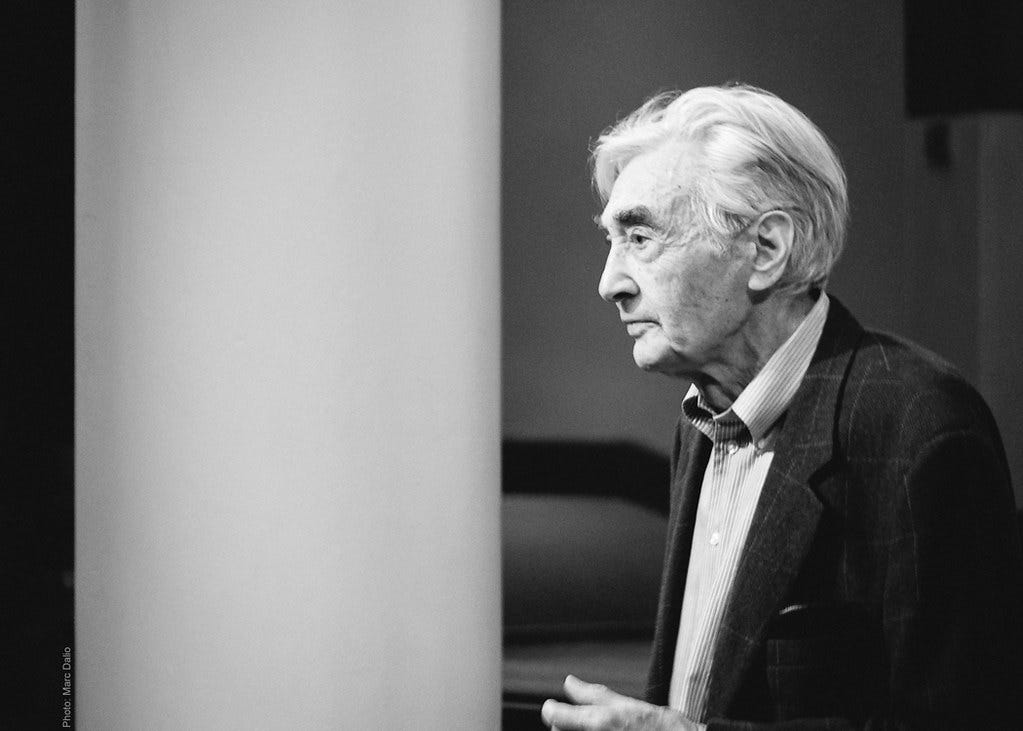Howard Zinn: The History They Don't Teach You
Introduction: Unveiling Hidden Narratives
Howard Zinn's A People's History of the United States revolutionized the way many people understand American history. Instead of focusing on presidents, generals, and celebrated figures, Zinn's work centers on the experiences of ordinary people: workers, women, people of color, and indigenous communities. This approach, often called "history from below," reveals the stories often omitted from mainstream textbooks, offering a more complete and nuanced understanding of the past.
The Brutal Realities of Colonization
Traditional narratives often gloss over the violence and exploitation inherent in the colonization of the Americas. Zinn, however, confronts these realities head-on. He details the brutal treatment of indigenous populations, the systematic displacement, and the deliberate destruction of cultures. The Trail of Tears, for example, is not presented as an unfortunate byproduct of westward expansion, but as a deliberate act of ethnic cleansing.
Suppressed Truths: The Tulsa Race Massacre and Beyond
Many significant events are conspicuously absent from conventional history lessons. The Tulsa Race Massacre of 1921, where a thriving Black community was systematically destroyed by white mobs, is a prime example. For decades, this horrific event was largely ignored, buried beneath a narrative of racial progress. Zinn's work, and the increasing awareness of alternative histories, helps bring these suppressed truths to light.
The Struggles of Labor Movements
The history of labor movements in the United States is often presented as a series of isolated strikes and minor concessions. Zinn highlights the consistent and often violent struggle of workers against powerful corporations and government forces. He reveals the extent to which ordinary people fought for basic rights, fair wages, and safe working conditions, battles that continue in various forms today.
The Power of Oral History and Challenging Dominant Narratives
Zinn emphasizes the importance of oral history, the accounts passed down through generations, as a vital source of information often overlooked by traditional historians. These personal narratives provide invaluable insights into the lived experiences of those who were marginalized and silenced. It's a key component in challenging the dominant, often sanitized, versions of history.
For a deeper dive into this subject, you might find relevant resources such as this YouTube video:
These videos can often shed light on how different groups remember their past, and how those memories may diverge significantly from a textbook account.
The Ethics of Remembering and Forgetting
Who decides what is remembered and what is forgotten? This is a central question in Zinn's work. He argues that history is not neutral; it is shaped by those in power. The selection of what events are deemed "important" enough to be included in textbooks and curricula is a political act.
"The memory of oppressed people is one thing that cannot be taken away, and for such people, with such memories, revolt is always an inch below the surface."
A Call to Action: Critical Consumption of History
Zinn's work is not simply about revealing hidden histories; it's a call to action. He urges readers to become critical consumers of history, to question everything they thought they knew, and to seek out alternative perspectives. By understanding how history is constructed, we can better understand the present and work towards a more just future. It's about empowering ourselves to challenge injustice and build a better world, informed by a more complete and honest understanding of the past.
Conclusion: History from Below and its Implications
By examining "history from below," we gain a profound understanding of power dynamics and the ongoing struggle for social justice. Zinn's work reminds us that the past is not a fixed, immutable entity. It is a constantly evolving narrative, shaped by the voices of those who tell it. It is our responsibility to seek out the silenced voices and strive for a more complete, just, and truthful understanding of history, and its effect on today.




https://open.substack.com/pub/clementpaulus